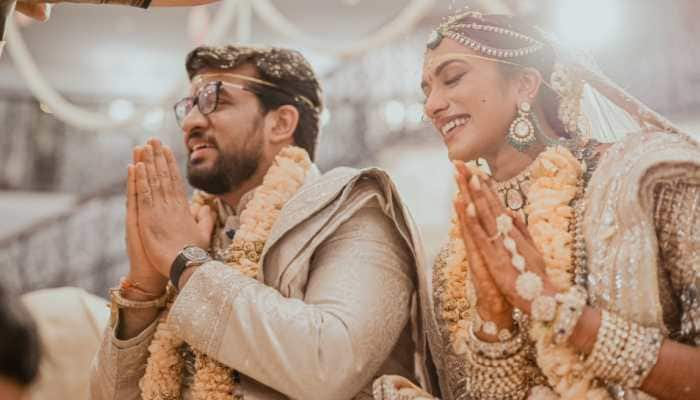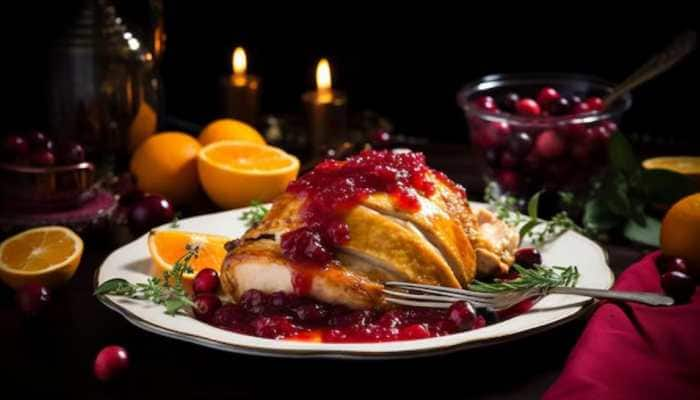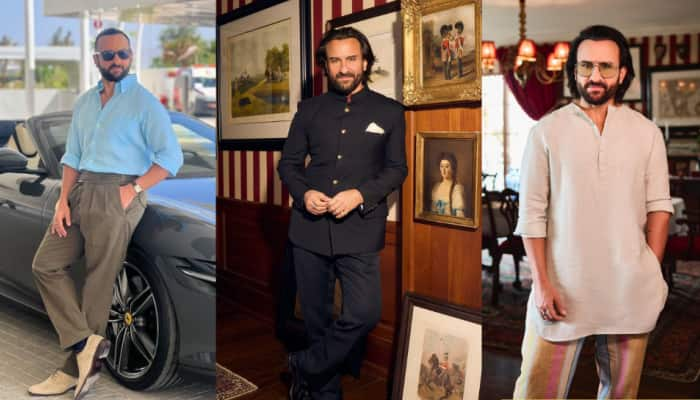Bakery refuses to make cake for gay wedding, case to be heard in US court
When Dave Mullins and Charlie Craig entered the "Masterpiece Cakeshop" bakery in a Denver suburb on July 19, 2012, they were giddy about choosing their wedding cake.
Trending Photos
)
When Dave Mullins and Charlie Craig entered the "Masterpiece Cakeshop" bakery in a Denver suburb on July 19, 2012, they were giddy about choosing their wedding cake.
The two men could not for a moment imagine that their cake-shopping excursion would wind up before the US Supreme Court five years later and spark a national debate about fundamental rights.
"We sat down with the owner of Masterpiece, and he instantly asked us who the cake was for, and as soon as we told him it was for us, he informed us that would not make a cake for a same-sex wedding," Mullins told AFP.
"What followed was this horrible pregnant pause where what was happening really sunk in and we were absolutely mortified and humiliated," added the 33-year-old, a poet and musician in his spare time.
"Very quickly we got up and we left and, it's embarrassing to say, but we got into the parking lot I cried, I broke down, I was very emotional."
Baker Jack Phillips says he politely declined the request, and justified his refusal as stemming from his Christian faith.
The dispute would have ended there were it not for the international buzz triggered by a Facebook post from Mullins and Craig.
The two young lovers learned that a Colorado state law bars businesses open to the public from engaging in any form of discrimination.
They decided to file a lawsuit, the start of a lengthy battle that eventually led them to the highest court in the land, with a hearing set for December 5 in Washington.
"By filing a complaint, we realized that we were standing up for not just us, but everybody who had been affected by discrimination," said Craig, a 37-year-old interior designer.The couple won their first court case and then the subsequent appeal, before the Supreme Court decided at the end of June to take up an appeal lodged by the baker. That was when a local struggle took on the dimensions of a national battle.
The appeal has become the most important case involving gay rights to reach the country's top court since it approved same-sex marriage in June 2015. And legal experts argue it will cut to the quick on some of the most basic issues in US society.
The nine judges will have to rule on whether to come down on the side of religious freedom or sexual equality.
The lawyers pushing Phillips' case have also decided to argue that the baker, as the artistic creator of cakes, is simply exercising his First Amendment right to freedom of expression in refusing the commission.
Now lawyers are massing in the US capital, ready to do battle on the side of either the cake-maker or the couple.
Some 20 states, dozens of members of Congress and scores of Christian lobbyist groups have thrown their weight behind the baker.
But he enjoys an even more powerful ally than those: the administration of President Donald Trump has also argued the line that Phillips' cakes are a form of artistic expression and that he cannot be forced to use his talents against his own religious beliefs. The case is raising concerns among civil rights groups. The Center for American Progress has warned that a decision in favor of the baker "could turn back the clock 50 years."
Could a funeral home owner then refuse to accept the body of a gay person, if he argued that doing so could be interpreted as tacit approval for homosexuality? Could a florist refuse to make bouquets for certain people?
Mullins and Craig are represented by the Commission on Civil Rights in Colorado and by the powerful American Civil Liberties Union, or ACLU.
"This isn't about a cake," said Louise Melling, the ACLU's deputy legal director.
"This is a question about whether the Constitution protects the right to discriminate. It's about whether the Constitution protects the right of a bakery to put up in its store window a sign that says 'wedding cakes for heterosexuals only.'" she said.
"It's a totally radical proposition and it's made all the more radical as that it is supported by the United States Justice department, the body charged for enforcing the laws."
Stay informed on all the latest news, real-time breaking news updates, and follow all the important headlines in india news and world News on Zee News.
Live Tv







)
)
)
)
)
)
)
)
)
)
